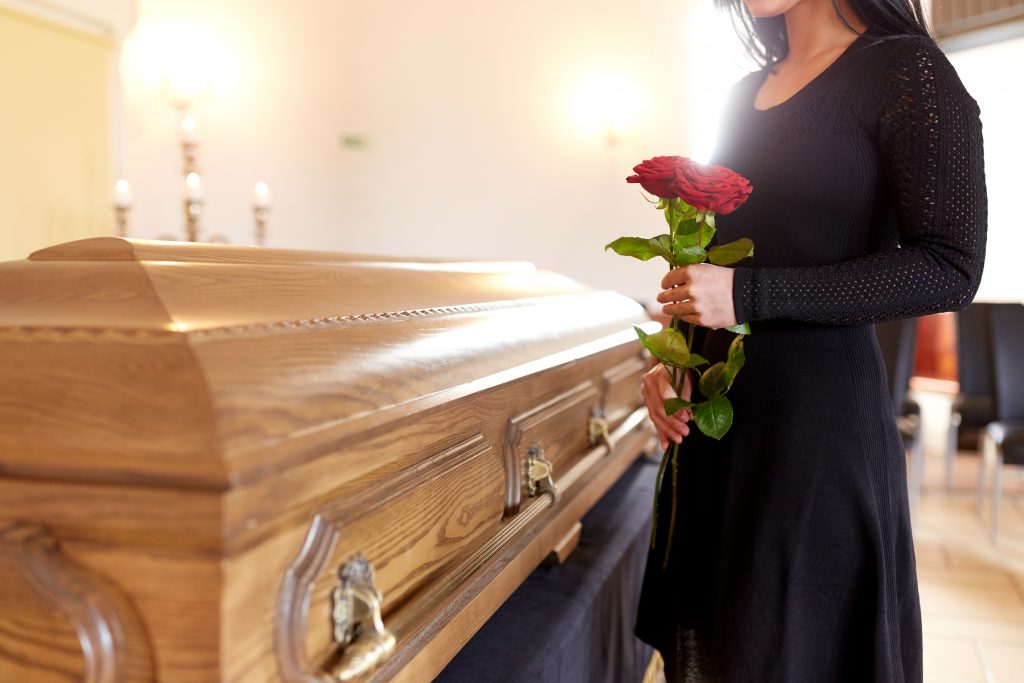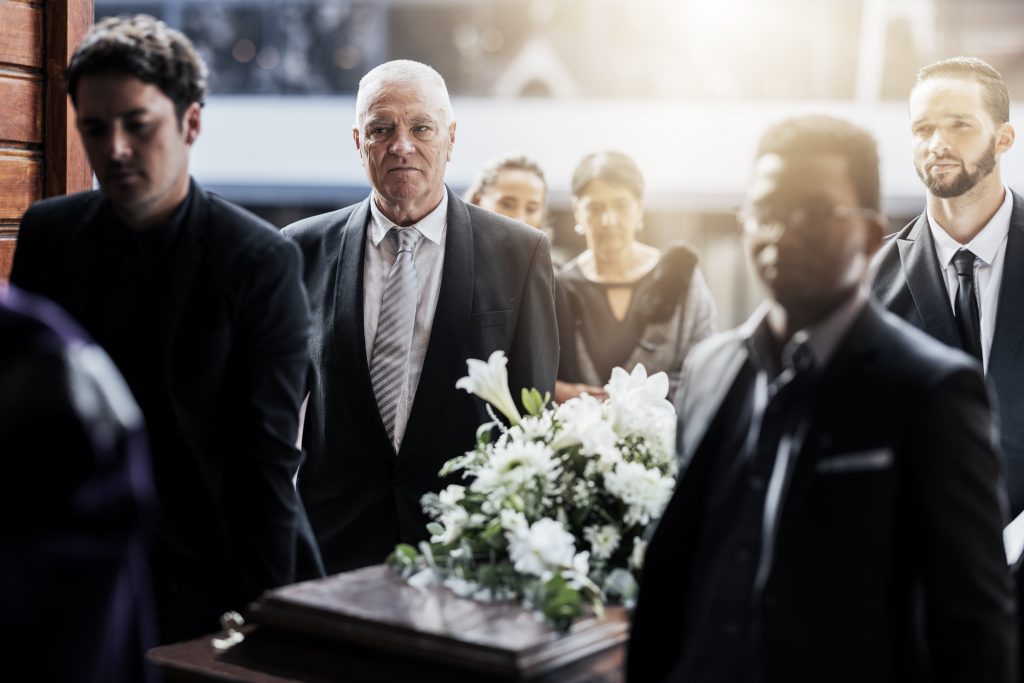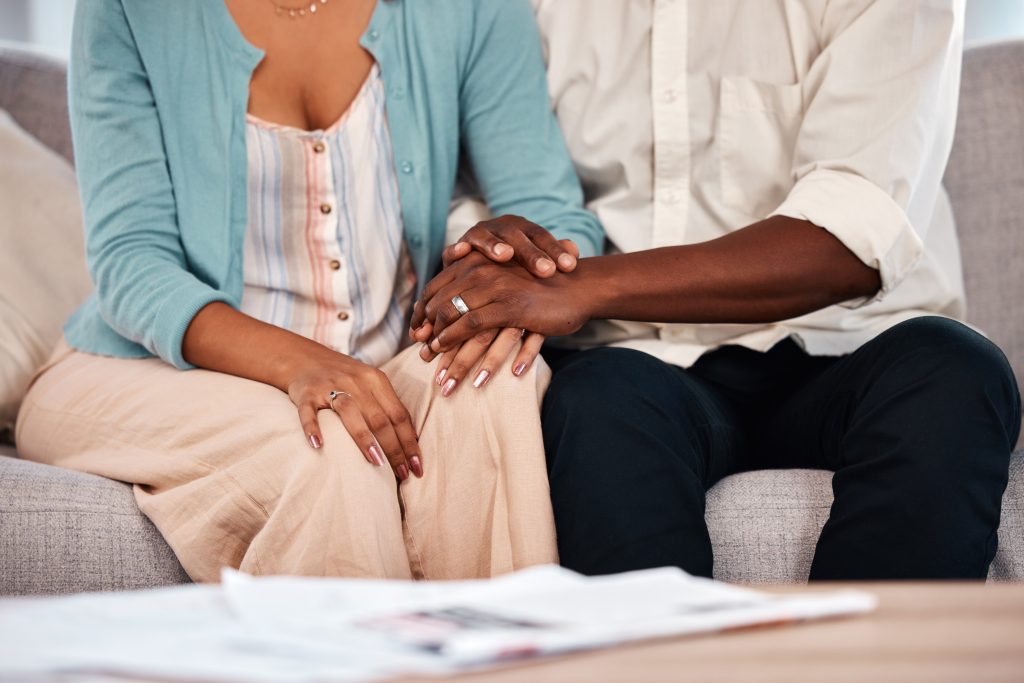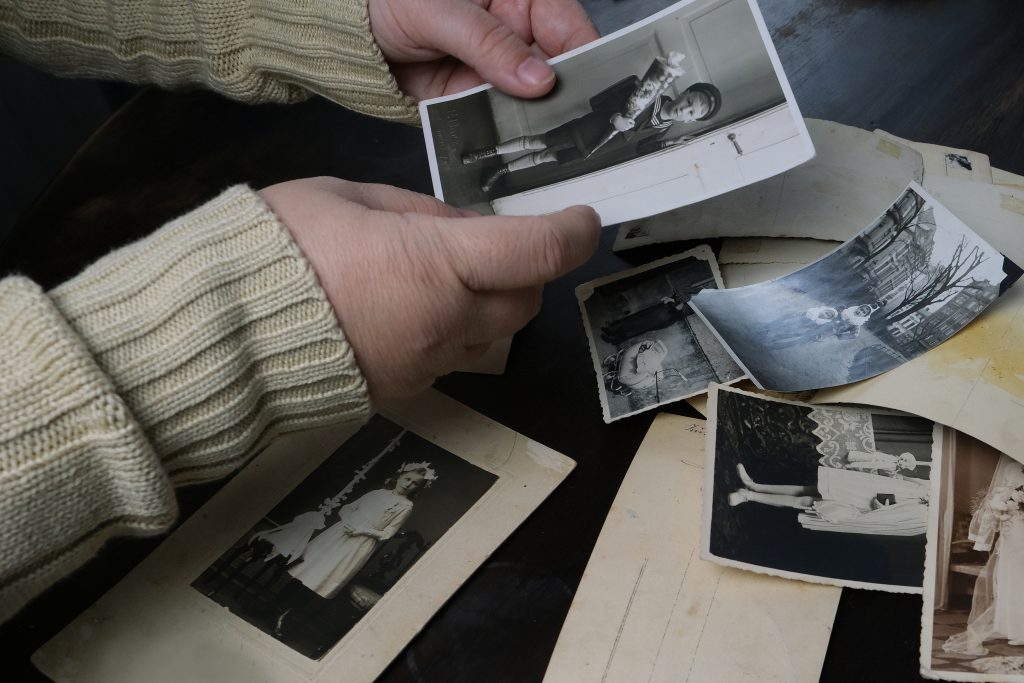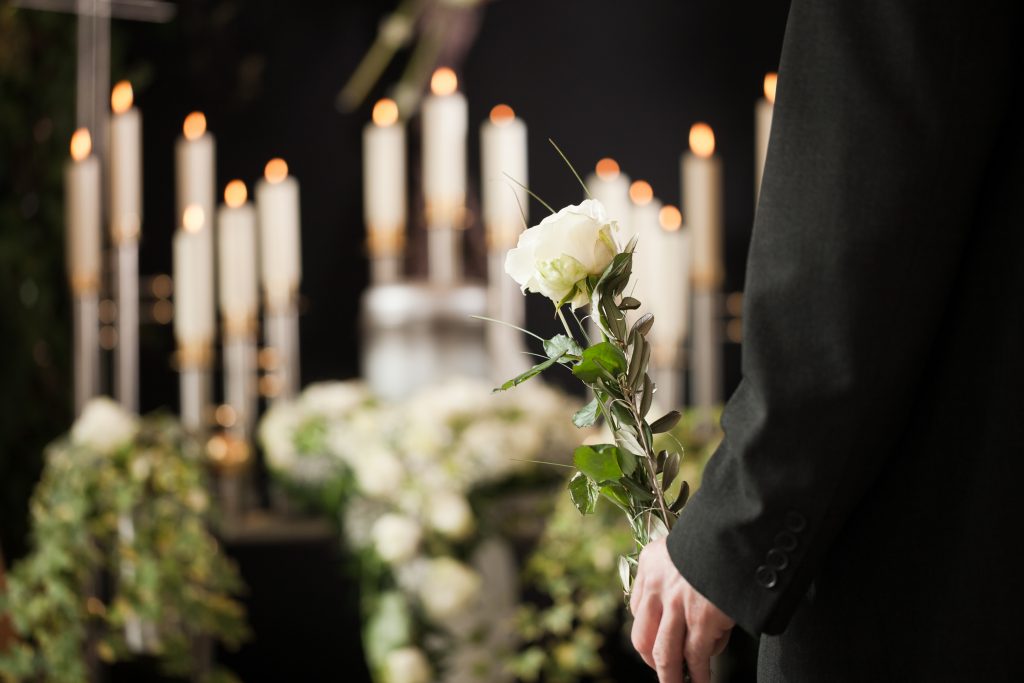
Attending a loved one’s funeral can be emotionally challenging, and you may feel grief, pain, and confusion at the ceremony. That’s where having a problem-free funeral for your loved one can help make things easier. But sometimes, certain situations can cause problems for you and those grieving.
Most funerals go off without a hitch because funeral professionals work tirelessly behind the scenes to make sure everything runs smoothly. While most funerals experience few problems, sometimes issues come up that can’t be controlled.
If a problem does occur, there are many ways to overcome and diffuse the incident. Here are 6 rare but possible problems that could happen at your loved one’s funeral and how to make the best of the situation.
1. Disruptive Guests
Not all guests understand proper funeral etiquette. A few guests may let unsilenced cell phones, noisy children, persistent sneezing, or other distractions occur. These distractions can make it difficult to focus on honoring your loved one.
You can ask the funeral director to speak with the disruptor if this occurs. The funeral director can calmly and quickly resolve the situation without escalating things or involving other guests. You can also suggest that the funeral home post a sign outside the chapel outlining how guests should conduct themselves.
2. Inappropriate Comments
In times of pain and sorrow, some guests might abandon their better judgment. For example, some guests may think it appropriate to share embarrassing family history, stories, or opinions that don’t honor the life of the deceased or offer healing to those grieving, no matter how many times they’re asked not to make such comments.
Suppose the guest insists on continuing with their comments. In that case, the best choice you can make is to avoid engaging with this individual. Remove yourself from the conversation until the unnecessary comments have stopped.
Once the guest realizes their inappropriate comments are falling on deaf ears, they’ll likely cease sharing their thoughts.
3. Feuds and Fights
The chances that an argument or a fight will occur at your loved one’s funeral are unlikely. Still, fights have occurred at funerals, so it’s best to be prepared. Most fights begin as passionate arguments. If an argument breaks out, assist other guests in separating the feuding parties, as this will encourage cooler heads to prevail.
If a fight begins, the most important thing you can do is to stay out of the fighting. Do not engage or try to break up the fight. Instead, find a funeral home staff member and let them handle the situation.
In extreme cases, the police may need to intervene. You can call law enforcement in an attempt to bring the ordeal to an end.
4. Dropped Casket
While a dropped casket may seem lesser than fighting guests, it can still be startling and upsetting for those attending the funeral. A dropped casket by a pallbearer could happen for various reasons, but one outcome is certain – the pallbearer will feel terrible about what’s happened.
Show the pallbearer kindness by offering words of encouragement and reassurance. Let the pallbearer know that they meant so much to the deceased and helped honor the life and legacy of the loved one. Hopefully, the pallbearer’s shame and embarrassment will ease, thanks to you.
5. Late Arrival
Arriving on time is a simple way to show respect, especially at a funeral. However, some guests may arrive after the ceremony has started. To ensure late guests do not become disruptive, have the funeral home place a sign outside the chapel asking late guests to enter quietly and sit in the back.
And while even more unlikely, there are stories of the pastor, preacher, officiant, or chaplain arriving late or not coming at all. Of course, the minister should arrive early, but you have options if that doesn’t happen.
You can suggest that a family member or a close friend step in. They can read the obituary and say a few words about the loved one’s legacy. Then you can invite other friends and family members to share their most precious memories and stories.
6. Unseemly Selfies

Growing up as a kid, you may have never dreamed of taking a photo of the deceased at a funeral. However, things are different nowadays, as most adults and children have a camera in their pockets.
Whether you agree or disagree with the #CorpseSelfie movement, it’s important to remember that funerals are necessary to help guests process their grief and honor and respect loved ones. Unfortunately, funeral selfies often focus attention on the guest rather than the deceased.
If you see someone taking a picture of or with the body, gently ask them to stop, as many of the guests may see their actions as disrespectful. You can ask the funeral home staff to get involved if your request is ignored.
Your loved one’s funeral will be emotionally challenging. Still, it will allow you and others to remember their legacy and say goodbye. The funeral will likely have no problems and will be a source of healing for years to come. Life does happen, however, and people aren’t perfect. So, if a problem does arise, use these suggestions to make the best of the situation. That way, the problem is a minor mishap you and your family can smile about later.

